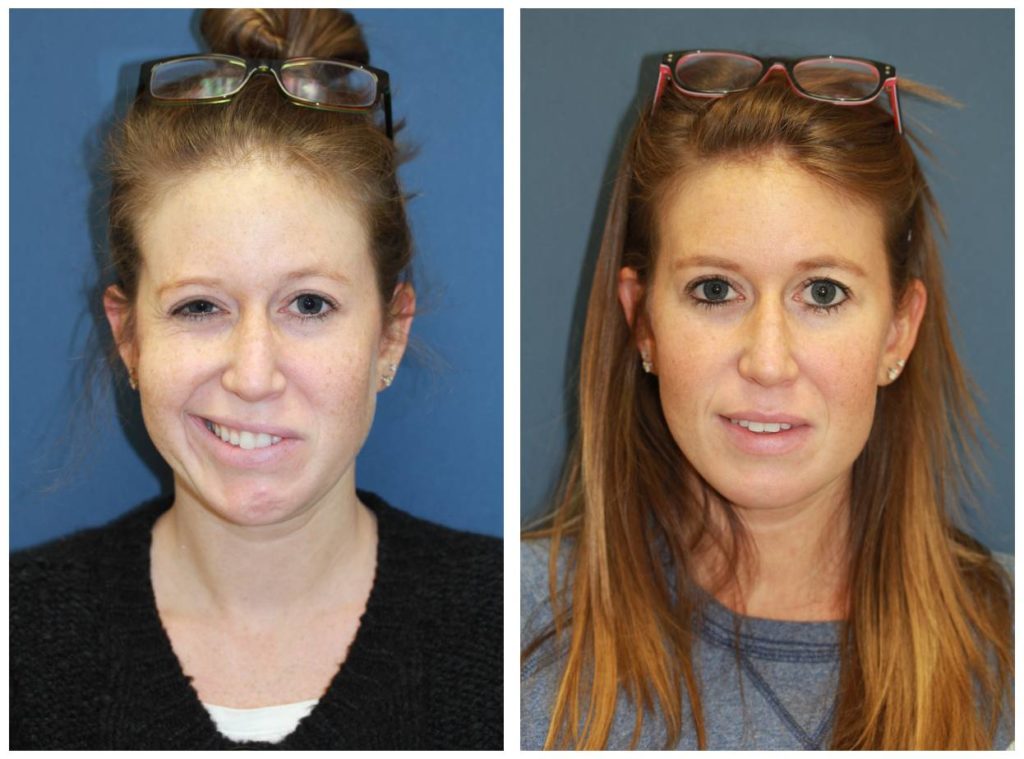Sports physiotherapists are trained to treat a wide range of injuries and conditions, not limited to athletes but applicable to individuals of various activity levels. They specialize in the assessment, treatment, and rehabilitation of musculoskeletal injuries and conditions, including but not limited to:
- Muscle Injuries:
- Strains: Overstretching or tearing of muscles or tendons.
- Contusions: Muscle bruises or deep tissue injuries caused by blunt trauma.
- Ligament Injuries:
- Sprains: Stretching or tearing of ligaments that connect bones, often affecting joints like the ankle, knee, or wrist.
- Joint Injuries:
- Dislocations: Complete displacement of a joint from its normal position.
- Subluxations: Partial dislocations where the joint partially slips out of place.
- Osteoarthritis: Degenerative joint disease.
- Bursitis: Inflammation of the fluid-filled sacs (bursae) that cushion joints.
- Tendon Injuries:
- Tendonitis: Inflammation of tendons, commonly affecting the shoulder, elbow, Achilles, or wrist.
- Tendinosis: Degeneration of tendons due to overuse or chronic injury.
- Fractures and Stress Fractures:
- Fractures: Broken bones, which may require immobilization or surgical intervention.
- Stress Fractures: Tiny cracks in bones due to repetitive stress or overuse.
- Cartilage Injuries:
- Meniscus Tears: Tears in the menisci (cartilage) of the knee joint.
- Articular Cartilage Injuries: Damage to the smooth cartilage covering the ends of bones in joints.
- Neck and Back Injuries:
- Whiplash: Neck injury often caused by car accidents.
- Herniated Discs: Damage to the spinal discs that cushion the vertebrae.
- Shoulder Injuries:
- Rotator Cuff Tears: Tears in the group of muscles and tendons that stabilize the shoulder joint.
- Shoulder Impingement: Compression of structures in the shoulder, leading to pain and limited mobility.
- Knee Injuries:
- Anterior Cruciate Ligament (ACL) Tears: Common knee ligament injuries.
- Patellar Tendonitis (Jumper’s Knee): Inflammation of the patellar tendon.
- Iliotibial (IT) Band Syndrome: Overuse injury causing outer knee pain.
- Ankle and Foot Injuries:
- Ankle Sprains: Common injuries involving the ligaments around the ankle joint.
- Achilles Tendon Injuries: Injuries to the Achilles tendon at the back of the ankle.
- Plantar Fasciitis: Inflammation of the tissue on the sole of the foot.
- Repetitive Strain Injuries:
- Conditions such as carpal tunnel syndrome, tennis elbow (lateral epicondylitis), and golfer’s elbow (medial epicondylitis).
- Overuse Injuries:
- Injuries that result from repeated stress on a specific body part, such as shin splints or stress fractures.
- Post-Surgical Rehabilitation:
- Sports physiotherapists assist in the recovery and rehabilitation process after various orthopedic surgeries, including joint replacements, ligament reconstructions, and arthroscopic procedures.
- Concussion Management:
- Assessment and management of concussions, including gradual return-to-play protocols.
These are just some examples of the injuries and conditions that sports physiotherapists can treat. Their expertise extends to assessing the specific needs of individuals and developing tailored treatment plans to promote recovery, reduce pain, improve function, and prevent future injuries. If you have a musculoskeletal injury or condition, consulting a sports physiotherapist can be beneficial in guiding your rehabilitation and optimizing your overall well-being.
Consulting with a qualified physiotherapist Dr. Kishan Mishra, one of the best Physiotherapist in Borivali East at Sanjeevani physiotherapy is essential to determine the most appropriate treatment approach.




